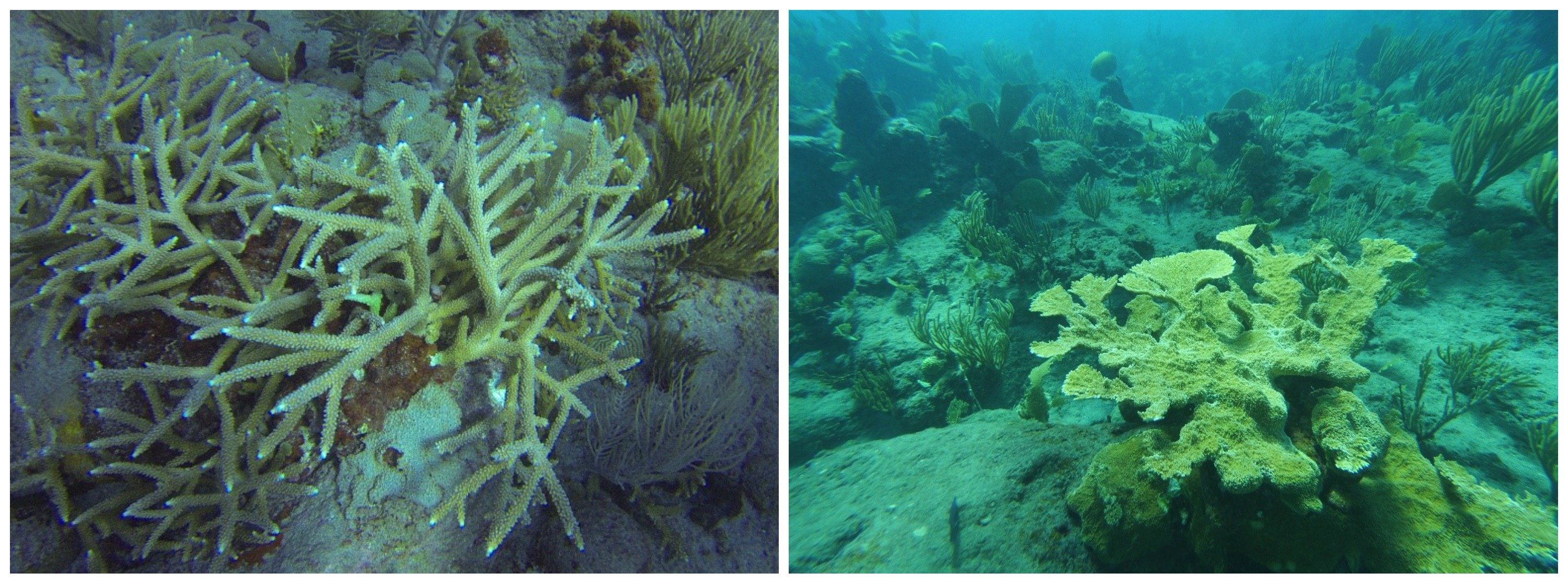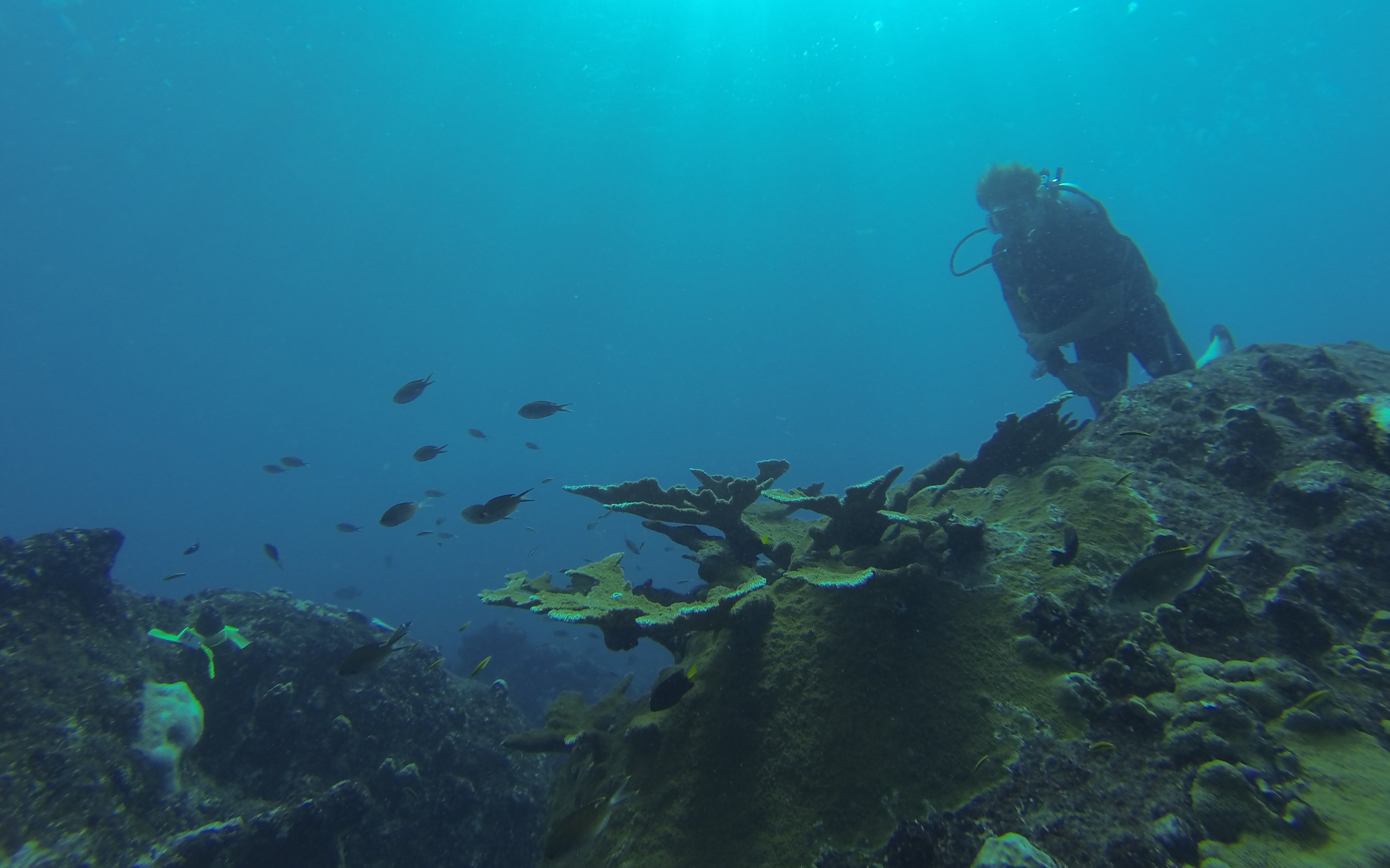You might have already heard that doing an internship is part of your Water Management studies at the HZ. But do you also know that this 6-month experience can be an adventure on its own? Where you do your internships is completely up to you, as far as it’s relevant to your programme. In fact, the whole world is open to you.
In the past years, Water Management students have been to the Bahamas, Vietnam, Fiji, India, Canada and oh so many other exotic and exciting places. And you can do it as well! Here’s your chance to check out an awesome internship video from two of our most recent travelers, Silvan and Niels.
Hey there! We are Silvan Allard and Niels Wagenaar, 3rd year Water Management students. We just returned from our internship in St. Eustatius, located in the Caribbean Netherlands and we hope you enjoyed our impressions of the internship and the island.
Now that you’ve seen how much fun we had, let us tell you a bit more about the internship itself. Our aim was to start up a coral restoration project which also started in 3 other Caribbean islands (Saba, Sint Maarten and the Turks and Caicos islands). The whole project is named Rescq. The main goal of the project is to restore two types of corals, Staghorn (on the left) and Elkhorn coral (fion the right). These corals are very abundant around the Caribbean. Only due to diseases, storms and climate change their population has dropped by 80 to 95%.
 Staghorn coral Elkhorn coral
Staghorn coral Elkhorn coral
The Staghorn and Elkhorn corals are important corals. They are so called “reefbuilders” and are fast growing corals that can grow up to 12cm in length each year. These corals are also an important habitat for juvenile and smaller fish because the corals give them protection.
Our responsibility was to search for the Elkhorn and Staghorn by freediving. After we found the corals we went down with scuba gear to collect 10 to 15 fragments of corals. Afterwards we brought them to a so called “nursery site” where we attached them to coral ladders. Then we started to measure their growth and monitored recovery of both the fragments and the original coral colony.

If the fragments have grown large enough they will be cut in half (this process will be repeated a few more times) to provide an exponential growth. In the end the fragments will be attached back on the reefs. This process will be conducted by the next interns.
This internship was amazing from start till end and I would recommend everyone to do their internship abroad!
Interetsed in more similar stories? Check out the blogposts by our andventurous alumni Sonja and Marvin.
